Kenya
Hassan was our skipper. He’d take us in his dhow out on the Indian Ocean for trips along the Kenya coast, south among the secret wave breaks or north towards Formosa Bay. Once he took my brother on a proper voyage to Lamu island, which needed several days even in calm weather. With his big toe steering the tiller, the full lateen sail over us, Hassan told us about the fabled Bajuni islands north of the Somalia frontier, about whales and ambergris. He could neither read nor write but he could navigate by the stars. When we dropped anchor and jumped into the water to dive among the coral heads, Hassan would lie on the gunwales and to pass the time he sang tarabu Swahili folk songs. Or he bickered with his slightly mad brother Ali, who wore a big afro and talked loudly to himself as he sat with his legs dangling over the bow.
Often Hassan and Ali just stared blankly at the rolling horizon and I wondered what they thought about in their watery world, day after day. Hassan knew the coast and all its reefs and inlets, but had rarely travelled inland. Once he managed to save enough money to go on his pilgrimage to Mecca and when he returned he proudly dyed his beard with red henna to show that he was a real hajji who had visited the holy sites.
Hassan’s vessel Bembea was a coastal dhow, under 30 foot, traditionally used for fishing and carrying mangrove timbers needed for the construction of Swahili homes. Arab-style boats like these had inspired the Portuguese explorers to build their caravels, which could tack against the wind as they advanced around the coast of Africa. In 1498, Vasco da Gama arrived off our town of Malindi. The local sultan turned out with all his knights on horseback to welcome the European mariner, who then kidnapped a navigator named Ahmad bin Majid so that the man could show da Gama a route to the Malabar Coast. On his return da Gama built a pillar as a monument to the Holy Spirit, topped by a limestone cross. Incredibly this still stands on a coral rag cliff in front of the town, a testament to the tolerance of Malindi’s people over the centuries.
One day Hassan’s vessel sank. It must have been terrible for a seafarer whose entire existence was bound up with a boat on the ocean to be stuck on dry land. His brother Ali was reduced to selling key rings decorated with sea shells in the streets of Malindi, where he walked up and down having loud debates with himself. Hassan began hanging out at our house, urging me to buy a new dhow so that we could go into partnership.
We went off to the beach in front of the town and among the fish heads, discarded flip flops and stray cats, we looked at a beached vessel named Nidwam. It needed a lot of work. I said I would put some money in but we needed a syndicate. I got one or two offers but not enough to purchase and equip the dhow. Then Hassan announced he was going blind, especially towards dusk. I took him to the optician in Malindi, who announced that he had cataracts after a life of staring into the glare of the sun on the ocean. We called up an eye hospital in Mombasa to make an appointment and when the day came, Hassan seemed rather nervous about going on this voyage across dry land.
Off he set on his expedition and several days ago he turned up at the house. The doctors told him that he did not have cataracts. This was a great relief for him because he was worried about having an operation on his eyes and he had heard about a man who checked into hospital with a broken arm and ended up having brain surgery. Hassan was going blind because he’s 58 years old, like me, and he needed glasses. He sported tinted lenses in purple frames, which looked absolutely extraordinary on his face with his red henna beard. Now he could see everything clearly, he said, and he was delighted.
But Hassan still has no dhow to captain. These days people are hiring boats with fibreglass hulls and outboard engines that can get you everywhere fast, without any of the romance. On the horizon at dawn, we see very few lateen sails any more. I wonder if there’s still time for two old guys to go back and buy Nidwam. Come, my friends,/ ’Tis not too late to seek a newer world!
Got something to add? Join the discussion and comment below.
Get 10 issues for just $10
Subscribe to The Spectator Australia today for the next 10 magazine issues, plus full online access, for just $10.
You might disagree with half of it, but you’ll enjoy reading all of it. Try your first month for free, then just $2 a week for the remainder of your first year.


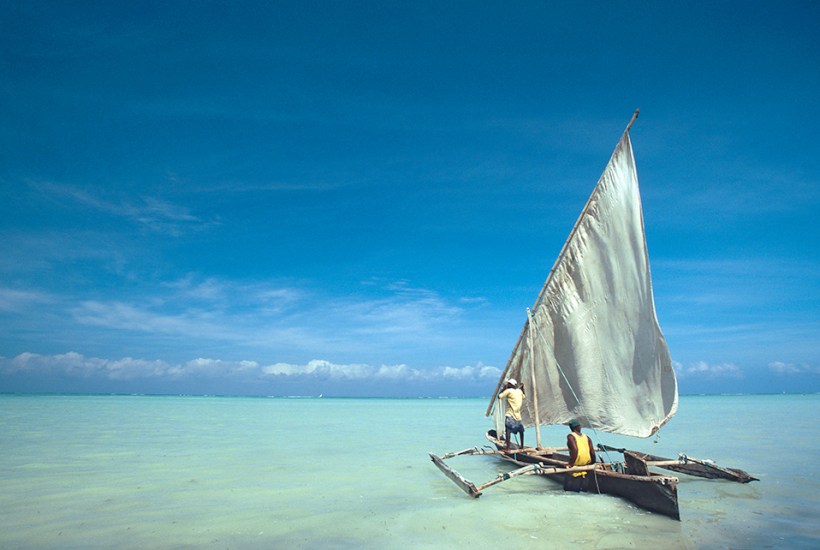
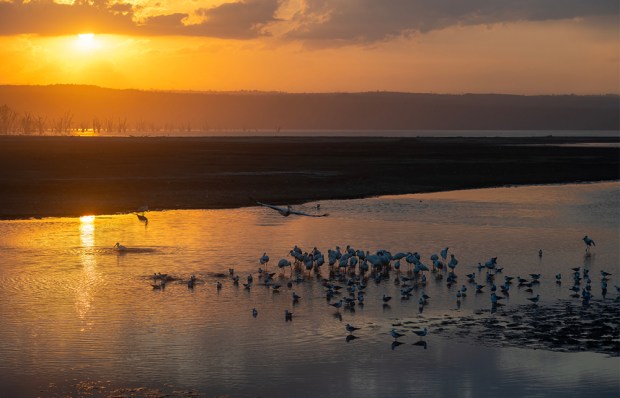

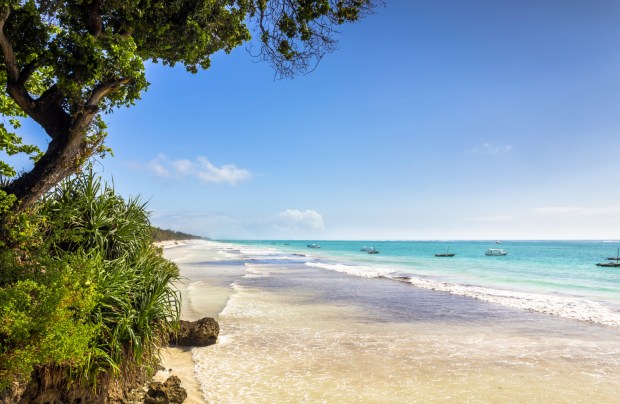
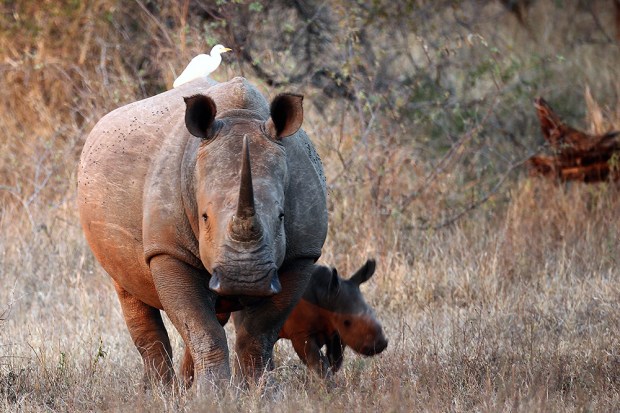
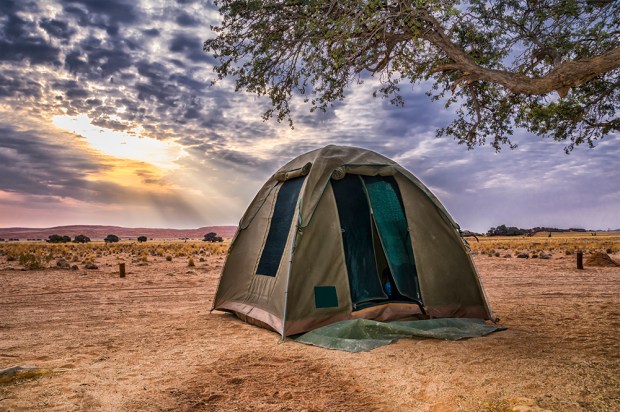
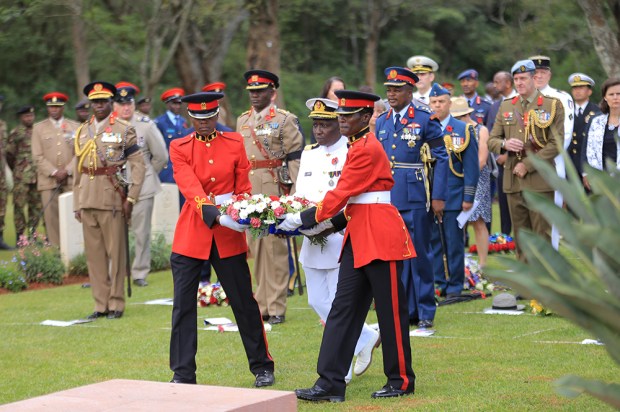






Comments
Don't miss out
Join the conversation with other Spectator Australia readers. Subscribe to leave a comment.
SUBSCRIBEAlready a subscriber? Log in